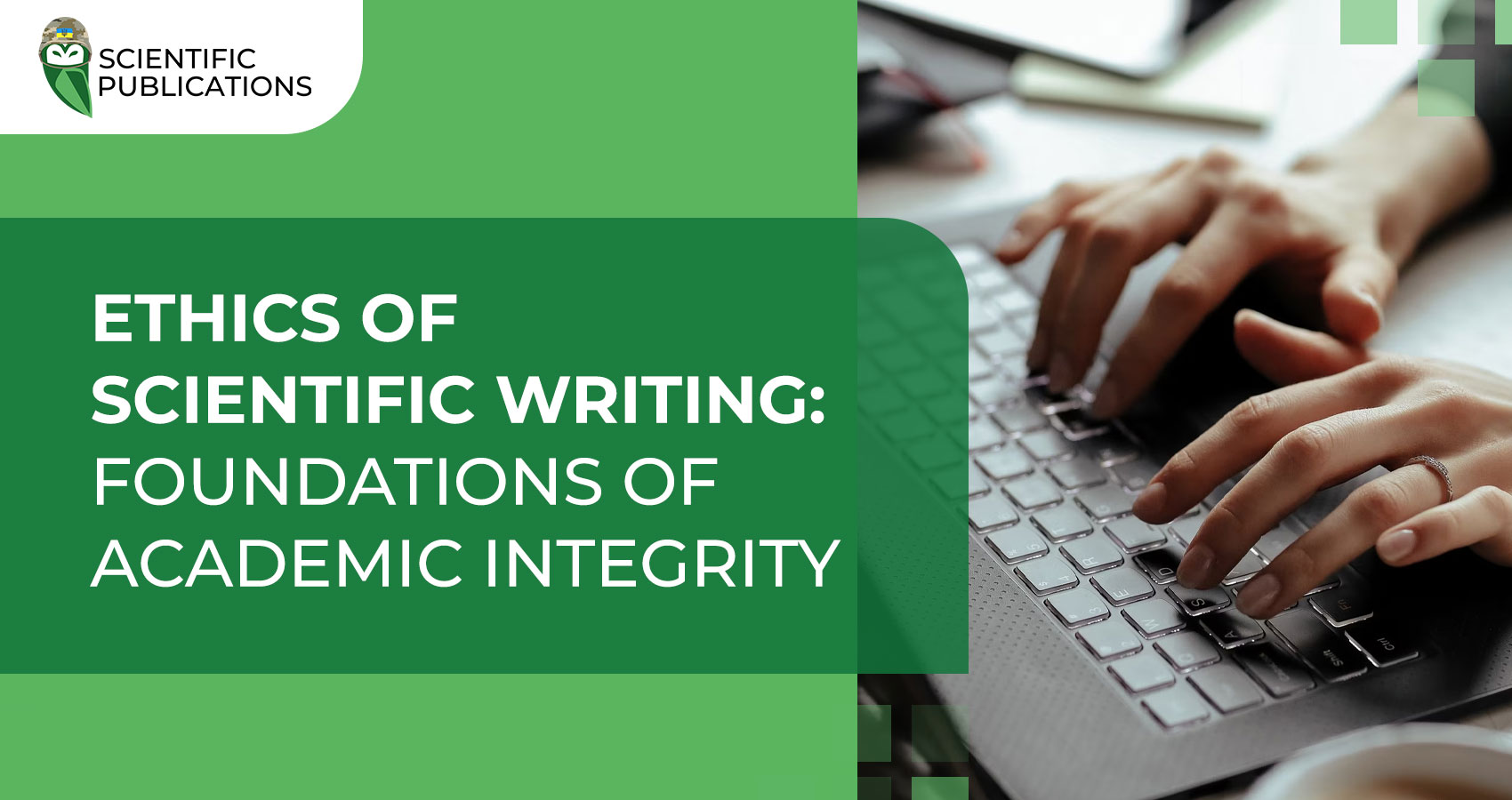Acquiring professional academic writing skills is crucial for any researcher. To achieve this goal, it is important to have a clear understanding of the concept of "ethics of academic writing" and to realize its importance in academic activities. In this article, we will delve into this topic to explore how adhering to ethical principles can improve the quality of academic publications and ensure the credibility of our work.

Academic ethics encompasses a set of norms, values and rules that are recognized and followed in the scientific community. It governs the behavior of researchers at all stages of research, including planning, execution, and presentation. The importance of academic ethics is that it promotes trust, objectivity and intellectual honesty.
Integrity
Integrity is one of the fundamental principles of academic writing ethics, which stipulates that researchers should be honest about the sources, data, results, and conclusions of their research. Violating this principle, using plagiarism, falsifying data, inaccuracies, or withholding information, undermines the credibility of the academic community.
Citation rules
In addition, the ethics of academic writing involves adhering to the rules of citation, self-citation, and source citation. Researchers should accurately acknowledge previous research and use appropriate citations to attribute ideas or results. This not only shows respect for the work of other researchers, but also helps to avoid plagiarism.
Objectivity and impartiality
Objectivity and impartiality are also an integral part of academic ethics. Researchers should strive to analyze and present objective results, refraining from concealing or misrepresenting facts that could lead to biased interpretations. Impartiality requires a neutral approach, free from personal beliefs or conflicts of interest that may influence the conduct of the research or the analysis of the results. Researchers must avoid conflicts of interest that may affect the objectivity of their findings or assessments. At the same time, they should adhere to the principle of scientific validity and remain open to revising their views if new evidence or arguments require it.
Confidentiality and privacy
Finally, we note that the ethics of academic writing also involves respecting confidentiality and privacy. Academics should respect the rights and privacy of research participants by using data only with proper consent and in an ethical manner.
Adherence to the principles of academic writing ethics has a significant impact on academic achievement and contributes to building trust and understanding in the academic community. The listed norms are some of the many aspects of academic writing ethics that researchers should consider when writing academic papers.
To ensure academic integrity and uniqueness of research papers, the company "Scientific Publications" offers the service "Checking an article for uniqueness (plagiarism)". The technical department of the company uses professional software to ensure quality and reliable results.
If you want to make sure that your text meets all the standards of the journal to which you plan to submit an article, just leave an application in the online chat on our website. Our experts will promptly contact you within one business day and provide the necessary assistance to check the uniqueness of your research.
We are deeply aware of the importance of academic integrity, so we urge you to prioritize our service "Check Article for Uniqueness (Plagiarism)" and ensure the uniqueness of your research paper.





